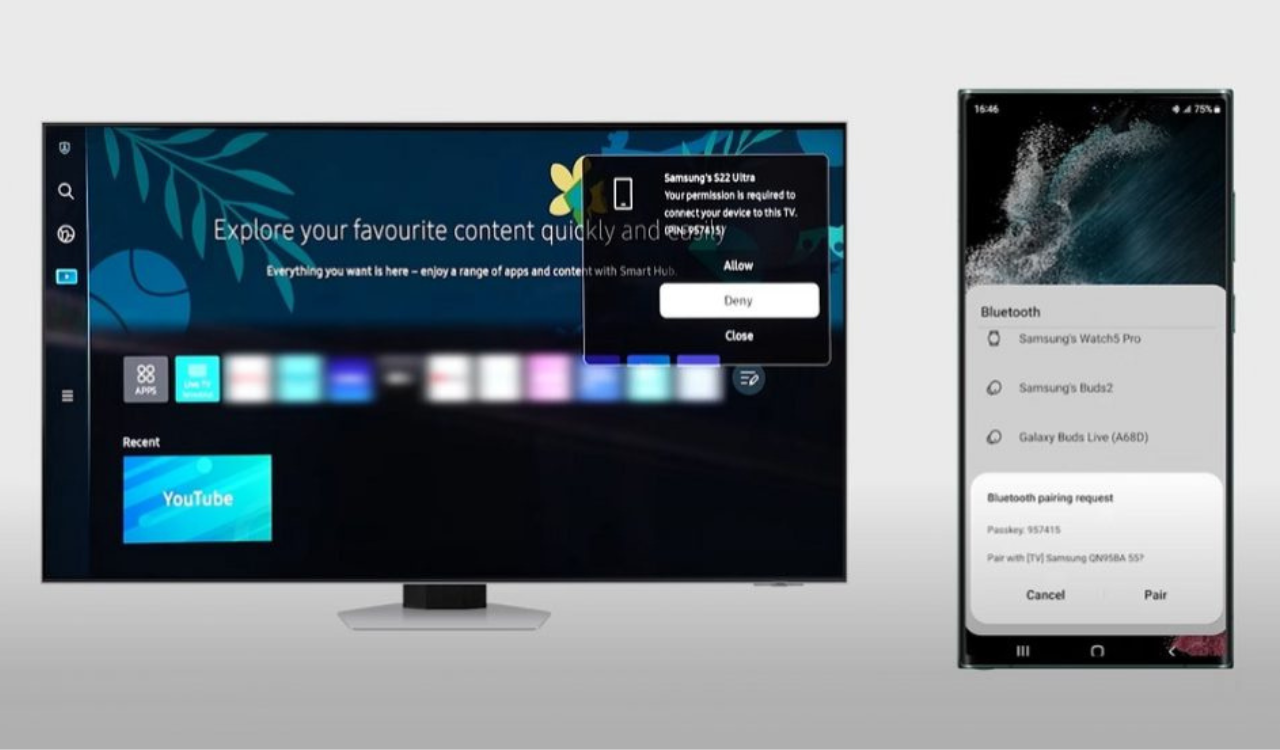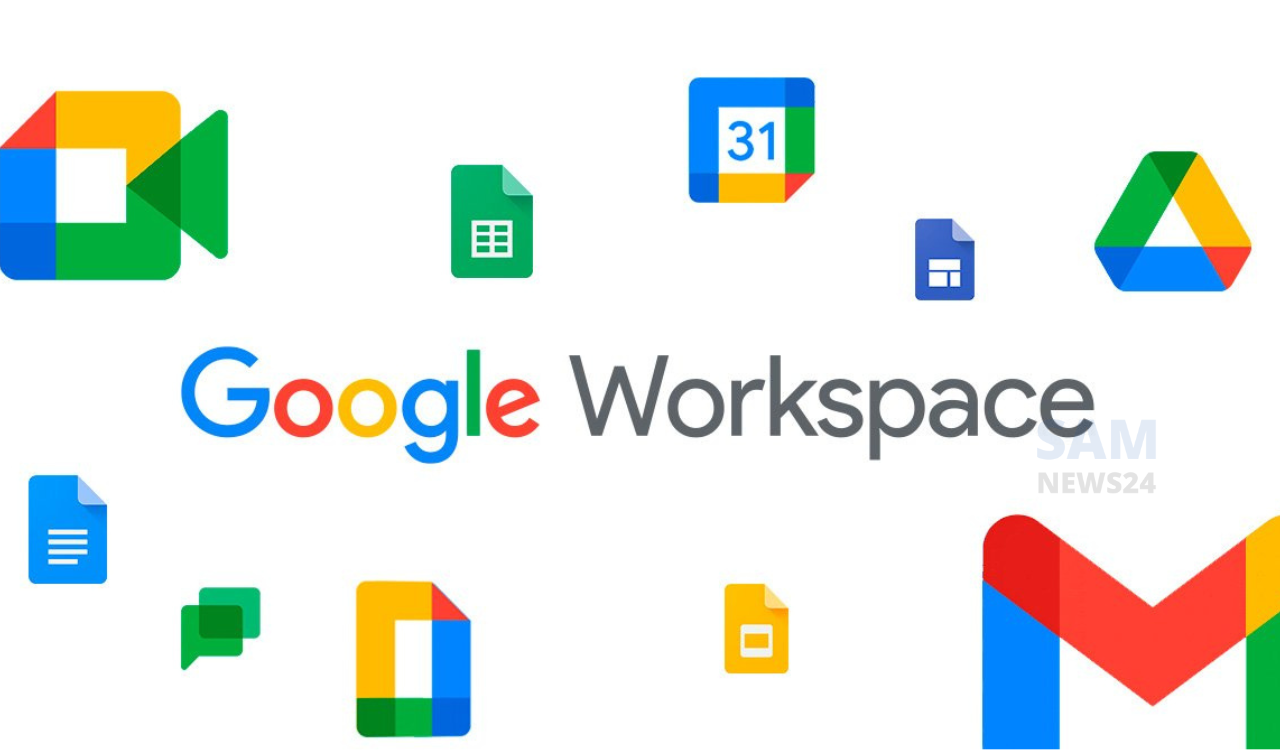Google announced that it would begin rolling out the use of Passkeys across Google Accounts in all major platforms, following the rollout across personal accounts, Last month. For the time this initial rollout was meant only for personal accounts, leaving corporate workspace and cloud accounts out, as affirmed by the search giant.
Well, the change has progressed slowly in the rollout for organizations. At the beginning of the end of the password, Passkeys allow users to authenticate themselves across multiple devices. Instead of relying on traditional methods like passwords or PINs, Passkeys utilize cryptographic keys stored on a user’s device to verify their identity. Which provides a more secure authentication mechanism, while terminating the need to remember complex passwords.
Google enables Passkeys for Workspace accounts
For Workspace accounts, the process has to go through an administrator first. Then choose whether to enable the feature for the organization. The setting is off by default, but once enabled users will be able to create and use passkeys as a 2-step verification (2SV) method. Passkeys for personal accounts are available as a sign-in option that has to be first enabled and does not currently replace existing sign-in options.
The Passkeys usage is an old thing. As seems last year Google, Apple, Microsoft, and the FIDO Alliance announced that they would begin the work to bring passkeys support to all platforms. Now companies and their employees will conveniently use passkeys as a more secure alternative to passwords. That is absolutely good to see.
The feature’s rollout already begins, take a few weeks before it reaches all Google Workspace Administrators. Once enabled, Passkey support should be available to all Workspace users across various platforms, including Android, iOS, and desktop devices. This ensures that users can benefit from the convenience and security of Passkey authentication regardless of their preferred device or operating system.
FOLLOW US ON SOCIAL MEDIA – Telegram, Twitter, Facebook, & Google News.






























